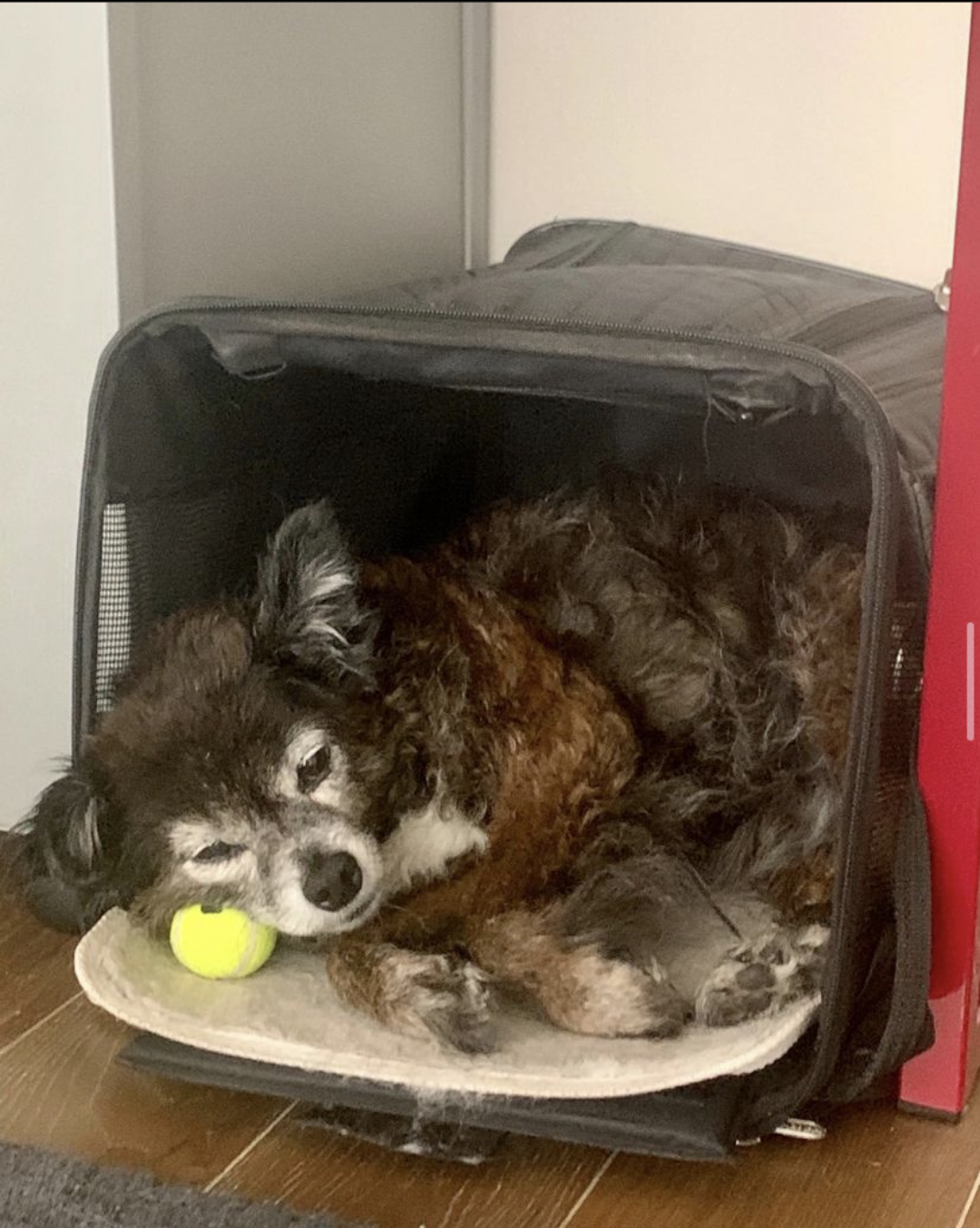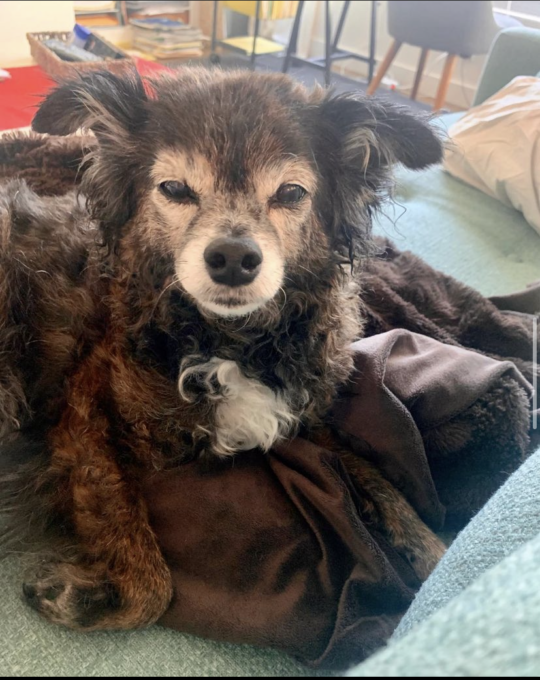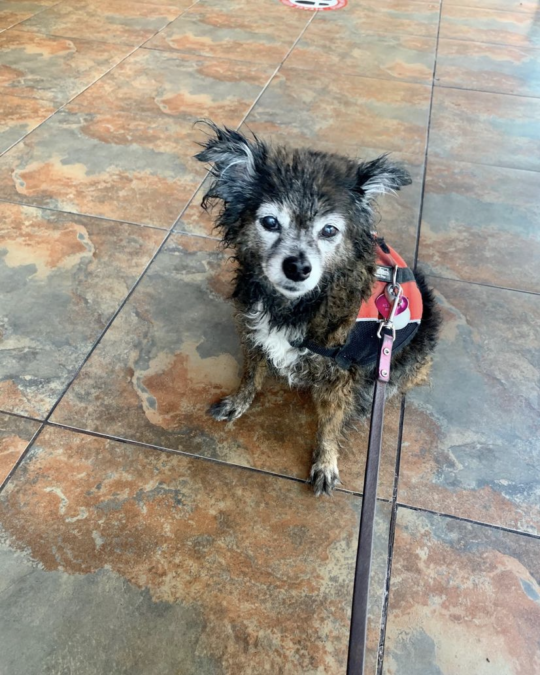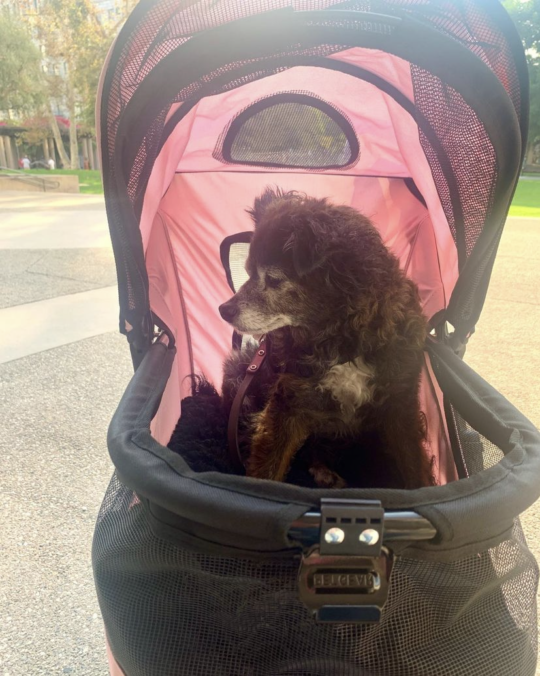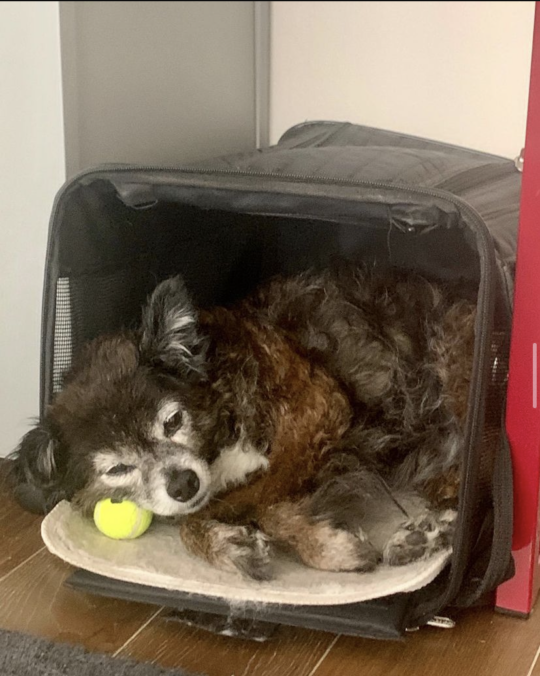Brighde Mullins
Her plays have been developed and produced in New York, Dallas, Salt Lake City, London, Los Angeles, and San Francisco. Her full-length plays include The Bourgeois Pig; Rare Bird; Those Who Can, Do; Monkey in the Middle; Teach; Fire Eater; and Topographical Eden. Her first professional productions were Pathological Venus (Ensemble Studio Theatre, NY, 1989) and Increase (LaMaMa, NY, 1990). While living in the attic at Ellen Stewart’s LaMaMa Experimental Theatre Club along with a Brazilian puppet troupe, she received a life-changing NEA Fellowship in Playwriting. She moved to San Francisco for a teaching gig in 1994 (at San Francisco State University) and worked on plays at the Magic Theatre and the Bay Area Playwrights Festival. She also continued to work with theatres in New York, including New York Stage and Film, Mabou Mines, and New York Theatre Workshop. During her years in San Francisco she received an Achievement Award from the Poetry Fund and the Jane Chambers Award for Topographical Eden (1997).
In New York and San Francisco she taught and worked in grade schools in the Bronx and Harlem, as well as women’s prisons. She was commissioned by Tisch School of the Arts at NYU to write a play using the Joint-Stock method and work with British theatre director Mark Wing-Davey, who directed Monkey in the Middle. The play went on to be produced in San Francisco, where it received the Will Glickman Playwriting Award (2001). In 2001 she received a Whiting Foundation Award. In 2003 Fire Eater received a gold medal from the Pinter Review and was produced in London, directed by Mark Wing-Davey.
From 2002–2006 she was a Briggs-Copeland Lecturer at Harvard, and also taught at Brown University. Her play Those Who Can, Do was produced at Clubbed Thumb Theatre (2003) in New York, and produced again in 2004 at Brown University’s Summer Theatre. Her telephone play Click was commissioned by the Actors Theatre of Louisville and appears in the Humana Festival anthology (TCG).
Her plays are published by Playscripts, Inc., and are available online and in the anthology, Lucky Thirteen; her book of poems, Water Stories, was published in 2003 and was nominated for a Pushcart Prize. Her awards include a United States Artists Fellowship and a Guggenheim. She has held residencies at Lincoln Center, New York Stage and Film, Mabou Mines (with Lee Breuer), and the Institute for Art and Civic Dialogue (with Anna Deavere Smith). She has been awarded writing residencies at Bard College, MacDowell, and Yaddo. She is a Usual Suspect at New York Theatre Workshop, and has been a Core Member of the Playwrights’ Center in Minneapolis.
She was born into a military family at Camp LeJeune, North Carolina, and was raised in Las Vegas, Nevada. She studied English and Theatre at the University of Nevada, and she holds M.F.A.s from the Yale School of Drama (Playwriting) and the Iowa Writers Workshop (Poetry). She has taught at Brown University, and was the Director of Creative Writing at Harvard University (where she was also a Briggs-Copeland Lecturer in Playwriting). She recently served as Writer-in-Residence at Deep Springs College, a working ranch and innovative center of liberal education in the Sierra Nevada Region of California. She currently has a commission from the Pioneer Theatre in Salt Lake City, Utah. She lives in Los Angeles, where she is a Professor of the Practice at the University of Southern California.
About Dogs
“Part of the deal with a human-dog relationship is that the human gets all the language, and yet books about writers and their dogs are some of my favorite narratives.” -Brighde Mullins
Henry Higgins
“Just you wait, Henry Higgins.” -Eliza Doolittle from My Fair Lady

Henry Higgins, Prof. of Linguistics

Violet
If she could talk and I’m not saying she can’t she might ask “how did we get into this and how do we get out of it again? How does it end?” Yes she has read and is paraphrasing Kierkegaard.
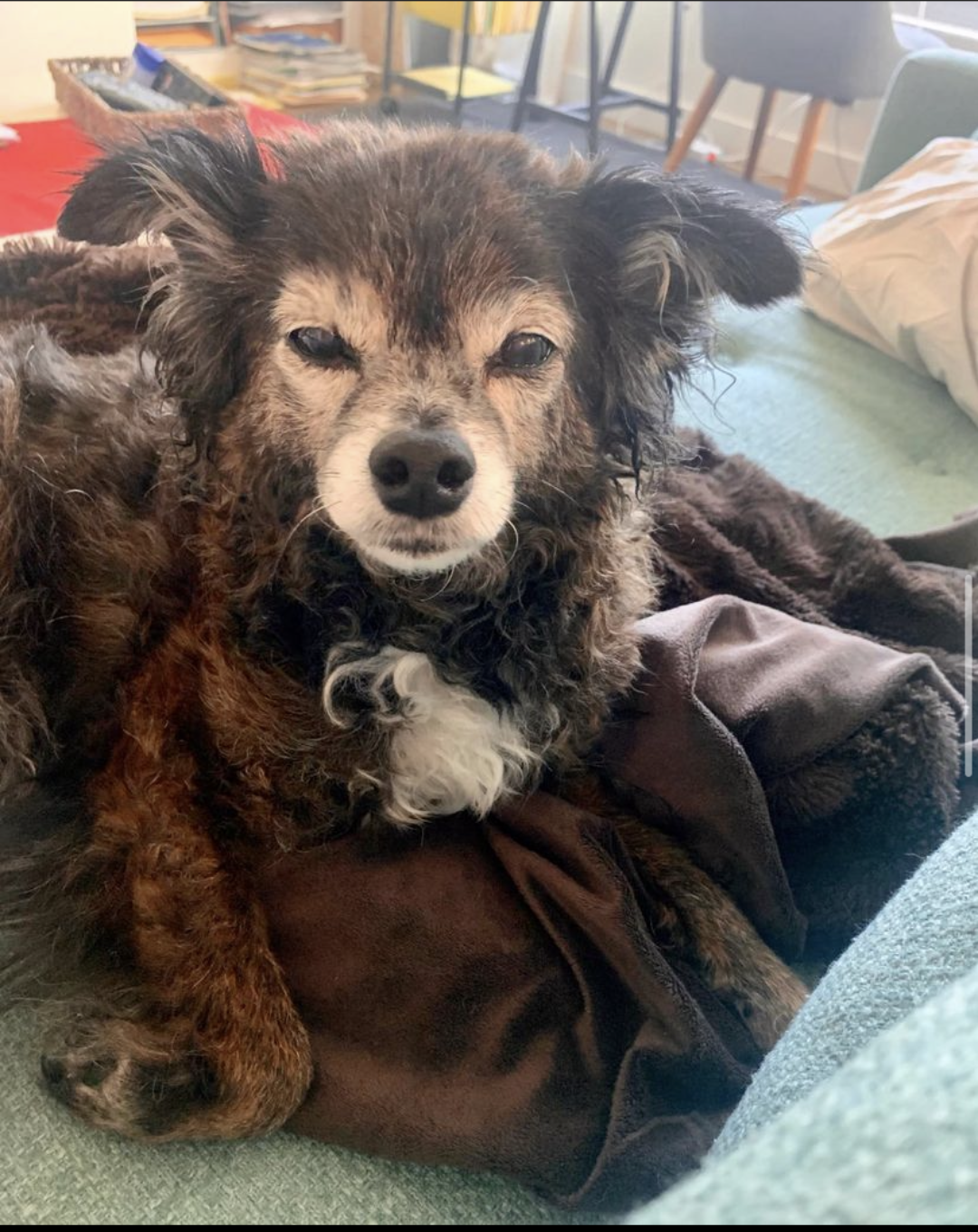
Having feelings about her bath and her air dry
It took me a while, as a rescue-dog person, to understand Gray Sexton’s desire to purchase a dog from a breeder, but as I read on, I began to understand how deeply tied this desire is to the role that Dalmatians played in the life of her mother, the tormented and death-obsessed Pulitzer Prize–winning poet Anne Sexton.
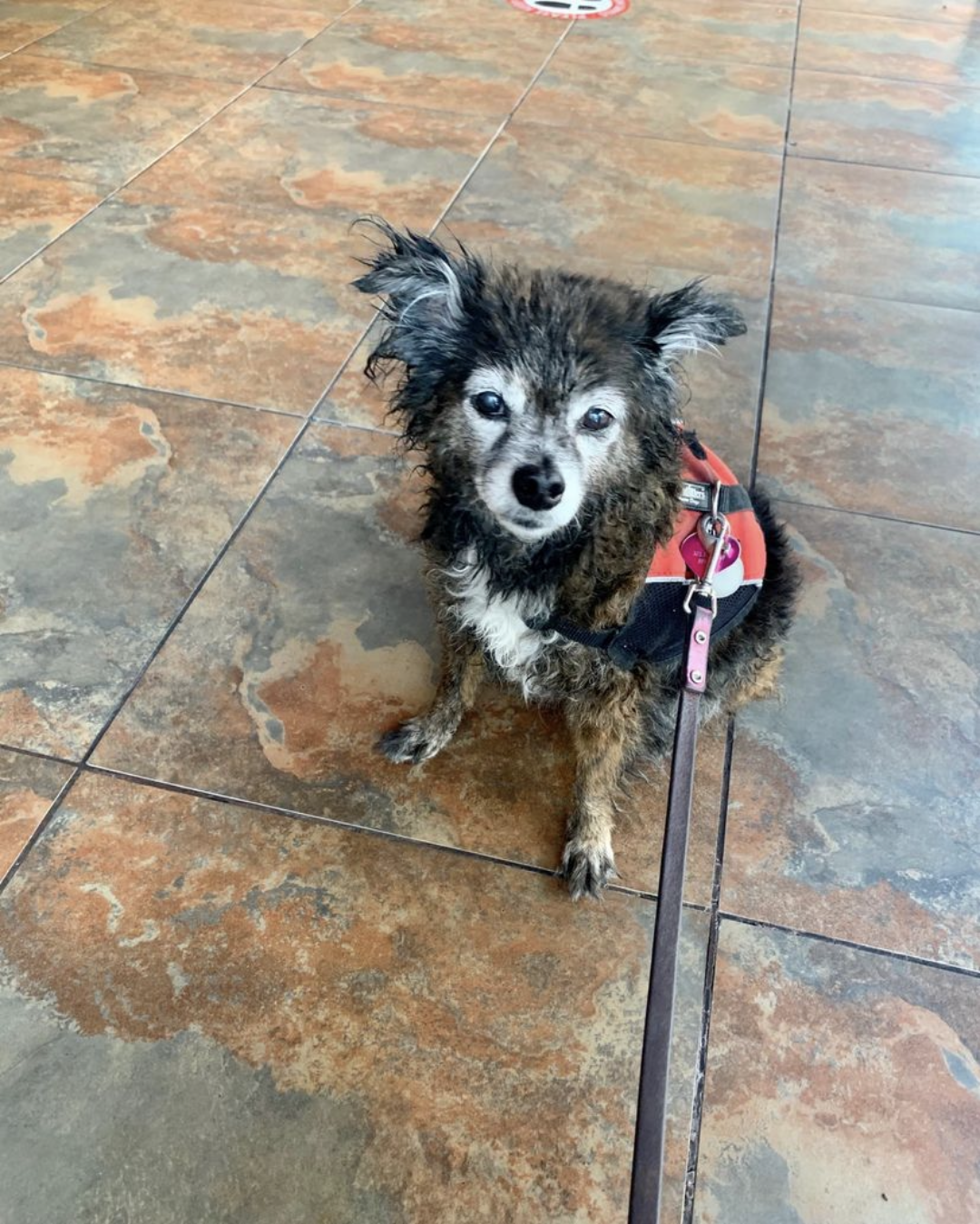
Baby
The nature of dog years guarantees poignancy. Dogs age before our eyes — their muzzles gray, their limbs falter, and our relationship deepens. Dogs prepare us for our own mortality.
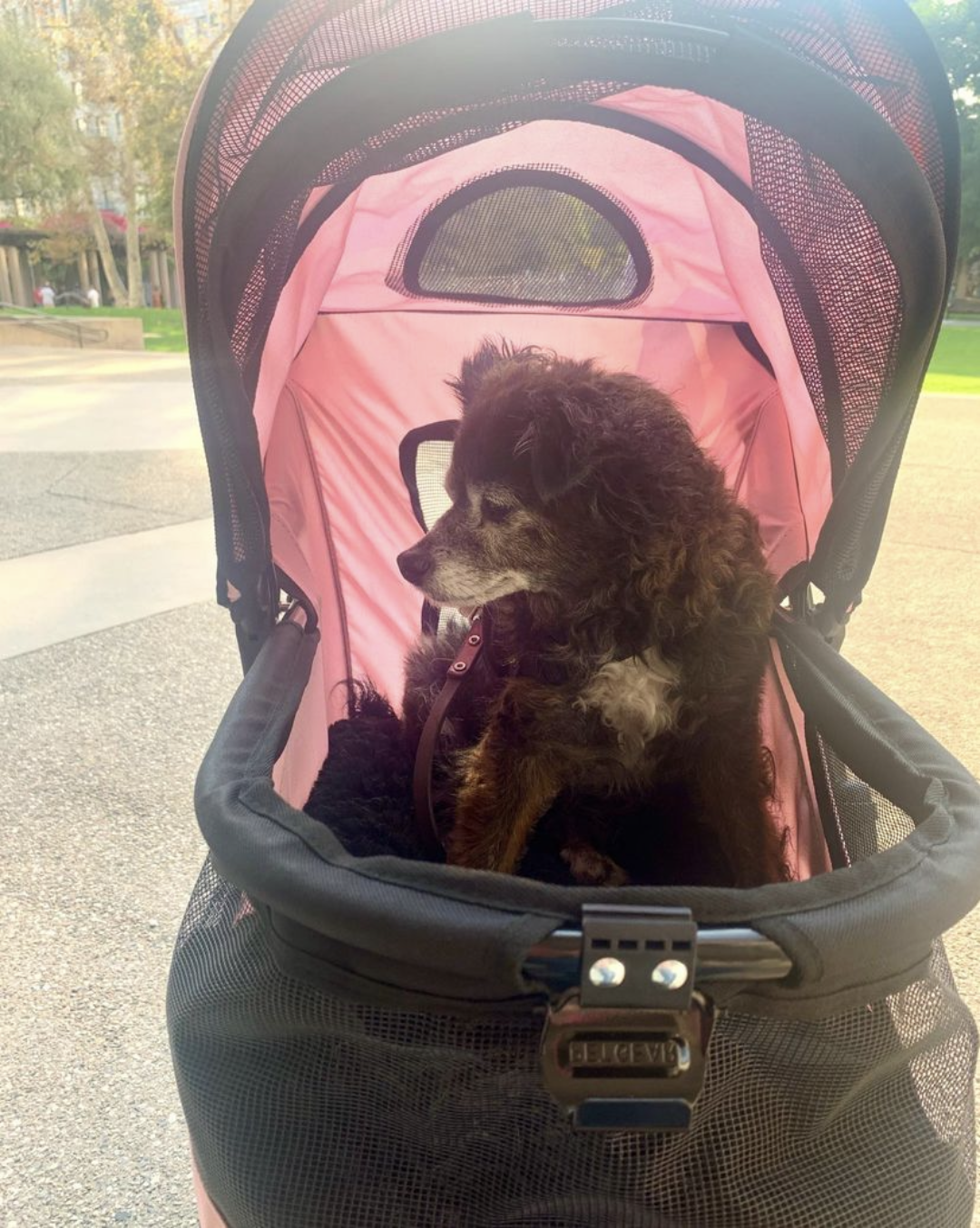
Pillow. Not fetch, pillow!
“I needed his vigilance, as he used his warmth to anchor me to reality. He provided me the comfort a friend, a child, or even a partner could not. He had become my best friend— someone with whom I could commune. Someone who loved me, no matter how far I had fallen or how unattractive I had become, and someone whom I could love back, no matter how imperfect the love I offered. I never disappointed him, and he never disappointed me. He never remembered my faults. He never failed to dial in to my mood.” – Linda Gray Sexton (Bespotted)
